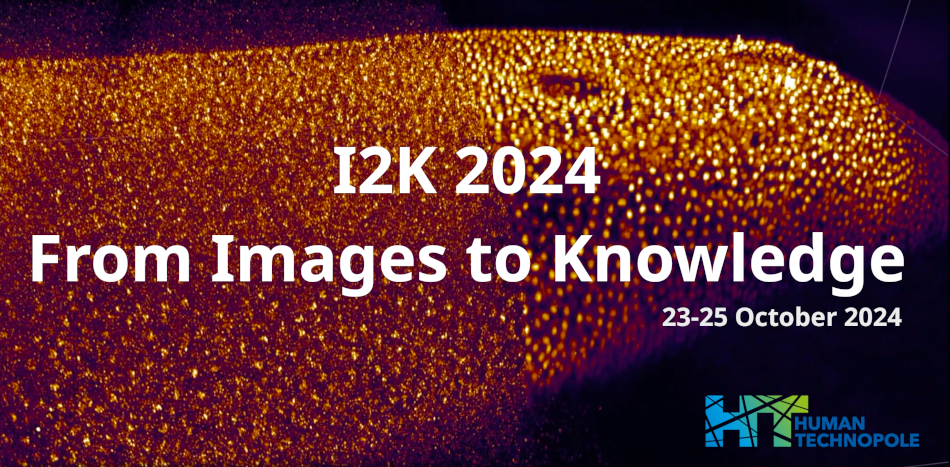Speaker
Description
While recent advancements in computer vision have greatly benefited the analysis of natural images, significant progress has also been made in volume electron microscopy (vEM). However, challenges persist in creating comprehensive frameworks that seamlessly integrate various machine learning (ML) algorithms for the automatic segmentation, detection, and classification of vEM across varied resolutions (4 to 100 nanometers) and staining protocols. We aim to bridge this gap with Catena (github: https://github.com/Mohinta2892/catena/tree/dev): a unified, reproducible and cohesive ecosystem designed for large-scale vEM connectomics. Catena combines conventional deep learning methods with generative AI techniques to minimise model bias and reduce labour-intensive ground-truth requirements. This framework integrates existing state-of-the-art algorithms for - a) neuron/organelle segmentation, b) synaptic partner detection, c) microtubule tracking, d) neurotransmitter classification and e) domain adaptation models for EM-to-EM translation, while identifying and addressing limitations in these methods. As an open-source software framework, Catena equips both large and small labs with powerful and robust tools to advance scientific discoveries with their own vEM datasets at scale.
| Authors | Samia Mohinta*, Pedro Gomez-Galvez, Ana Correia, Marc Corrales, Jan Funke, Albert Cardona |
|---|---|
| Keywords | Machine learning, Connectomics, Electron Microscopy, Software Engineering |

